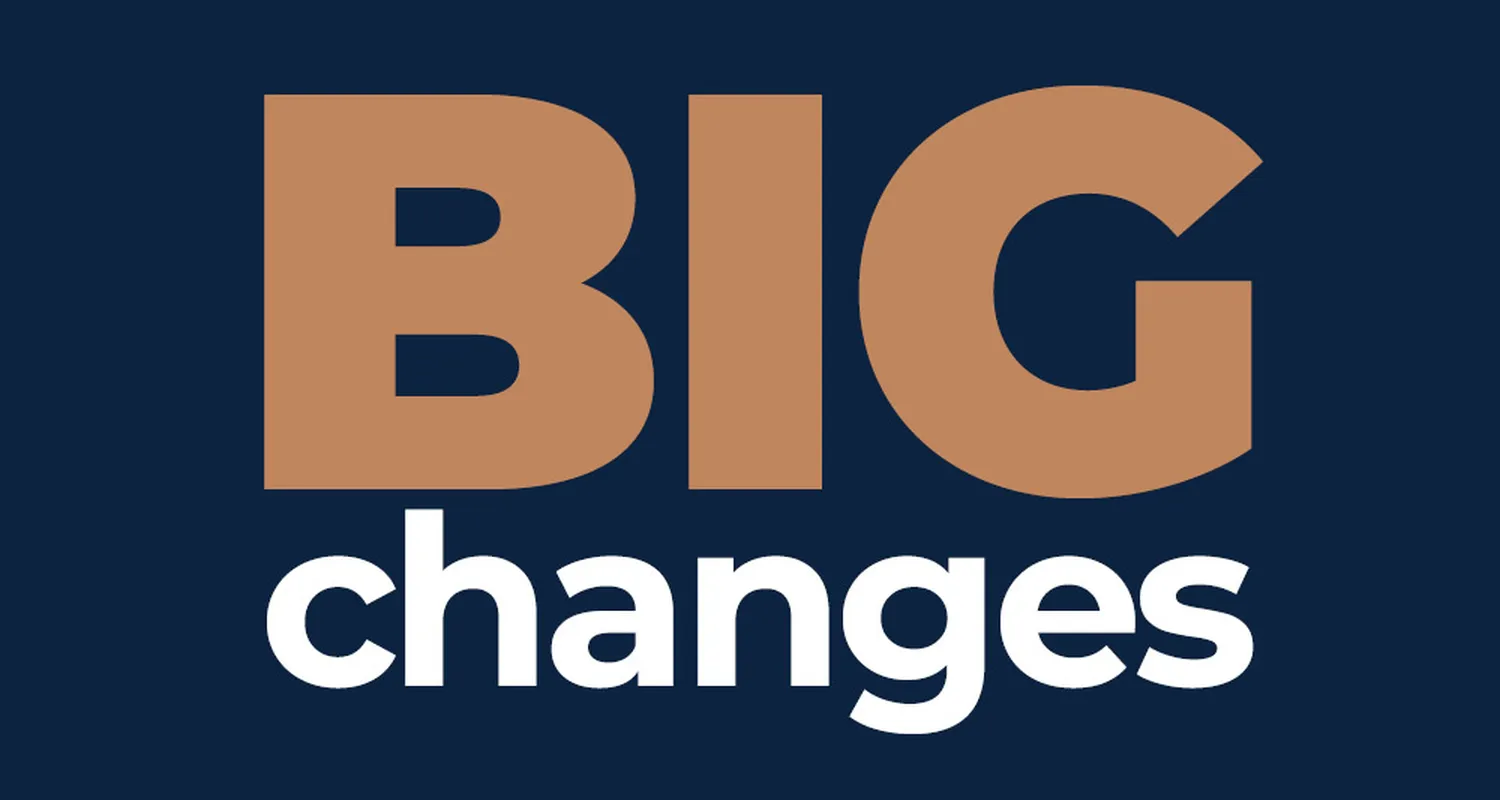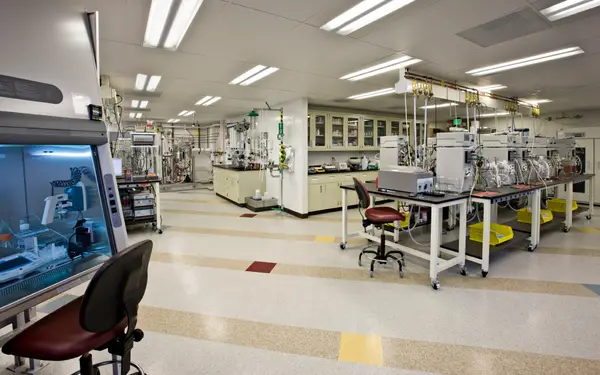Kestria (formerly IRC Global Executive Search Partners) brought together a number of experts in the field for a Global Virtual Roundtable entitled Post-pandemic trends in the Healthcare and Life Sciences sectors to discuss how the pandemic has changed working practices – and asked them which changes they believed would be permanent.
People must come first
The Covid pandemic was unexpected; it took everyone by surprise, including the healthcare industry. The initial response, as an MD from a large Asia-based pharma company told us, was to make sure that his employees were safe. The next priority: ensuring that both patients and customers had a reliable supply of medicine. Only then could he begin examining this strange new world and assessing whether its features – what he called ‘the new normal’ - would be permanent.
Businesses exist thanks to people, of course. But the people factor was highlighted as one of the most important priorities in adopting strategies to deal with the crisis. Yes, digital has become crucial. But so has a whole range of skills and competencies that are merely augmented by technology.
Another speaker agreed there was a re-evaluation taking place in each and every one of us. Some people were fundamentally rethinking how they regarded other humans, others less so. But the pandemic, he said, was a real opportunity to forget for a moment that he worked for a company and was first and foremost a human being, not the holder of a title.
People, he said, would start ‘valuing values’ more. The ‘value of values’ would increase – even in business. His area of healthcare – dental – had suffered heavily during the Covid crisis, as dentists had been unable to serve the public properly for months. But now they can begin again, the patient's expectation of treatment will rise, he said.






